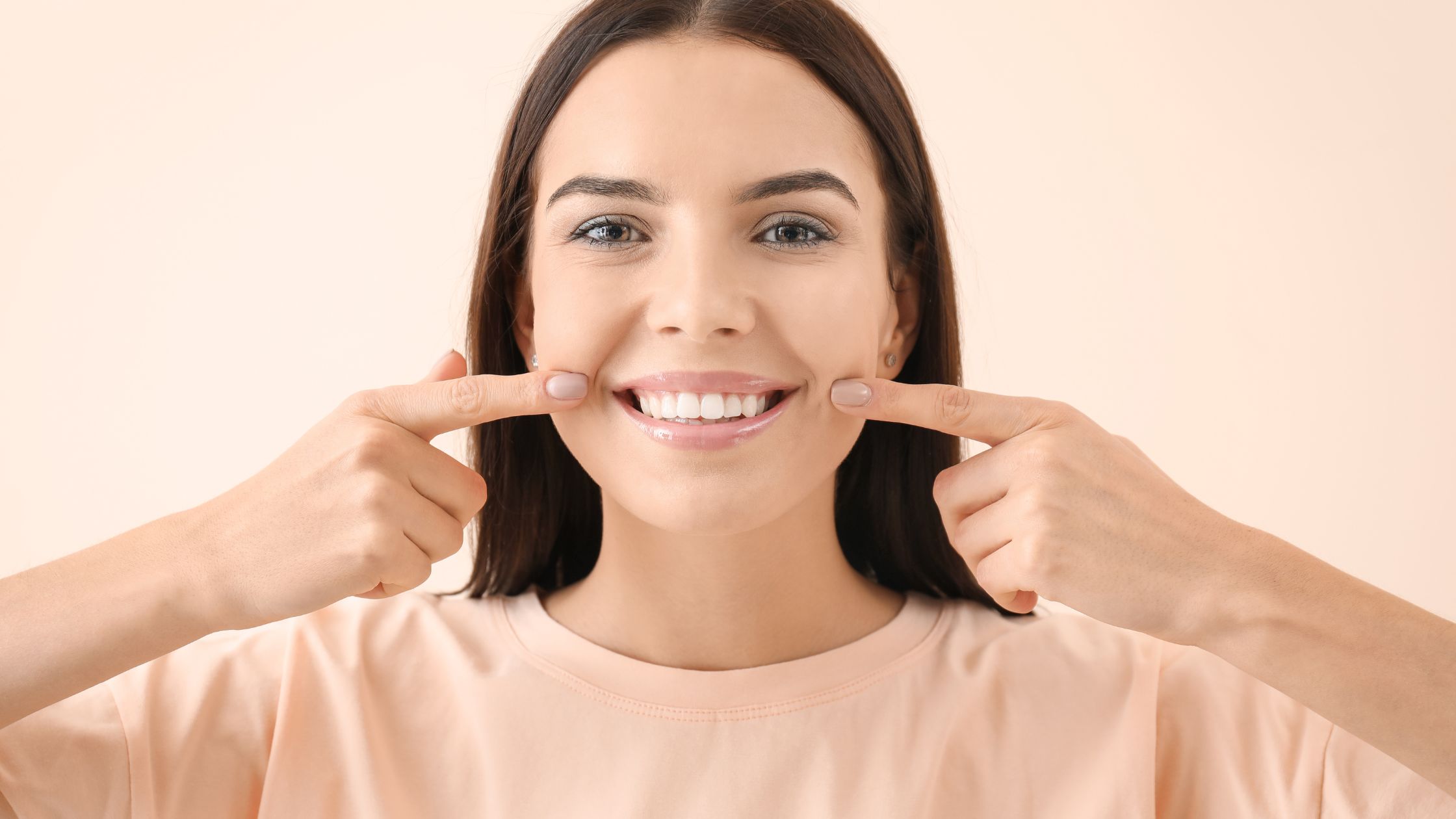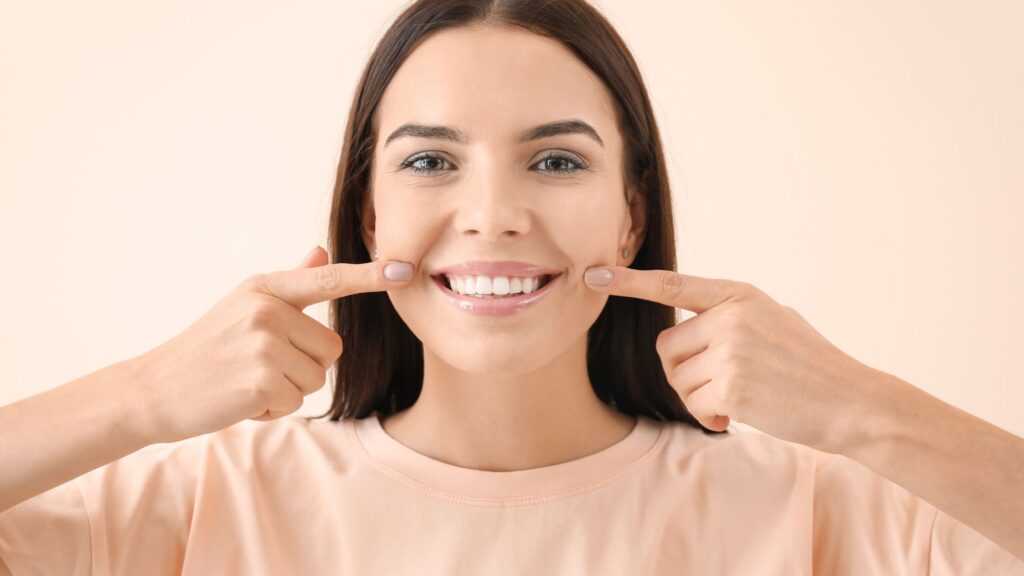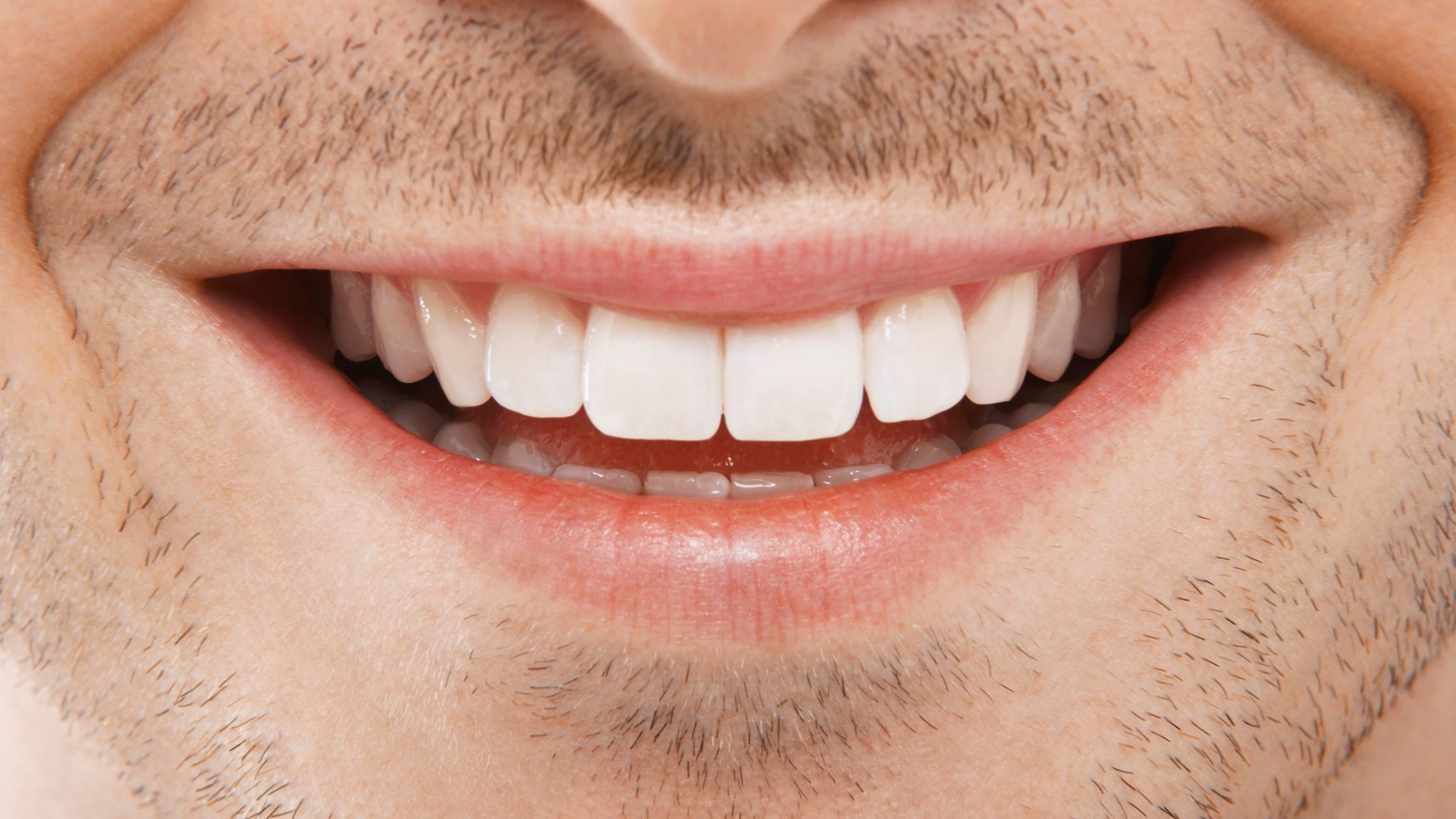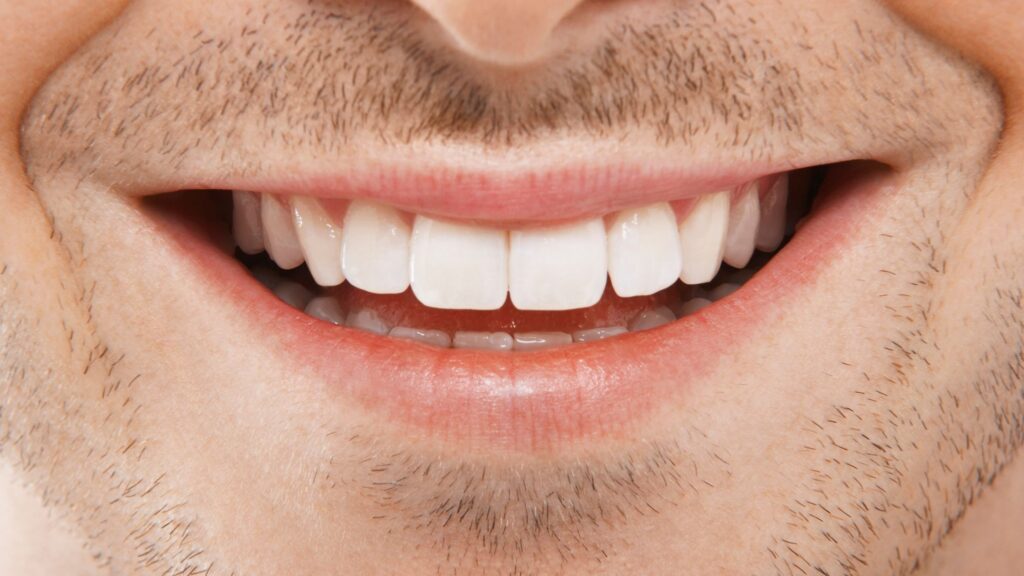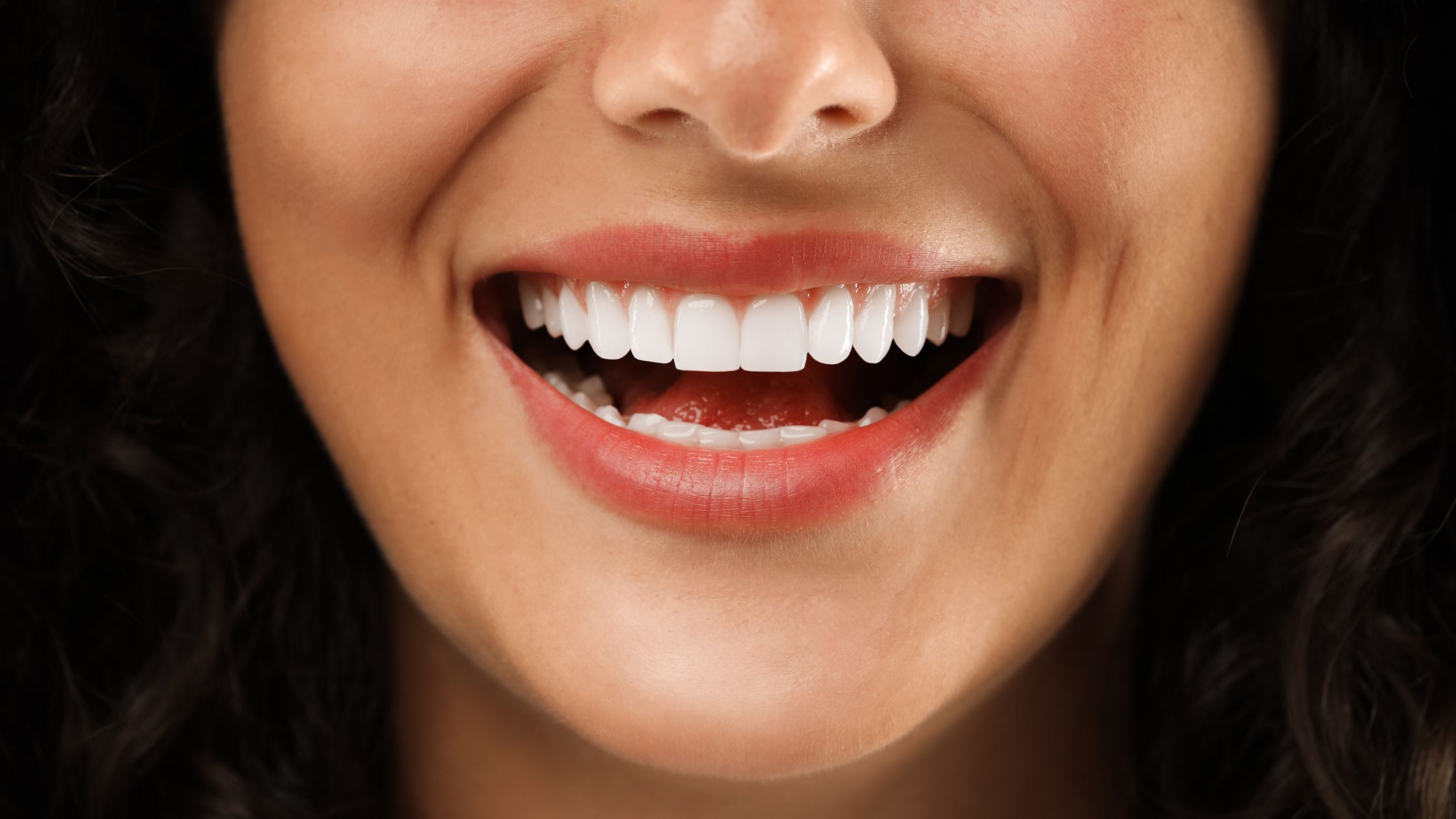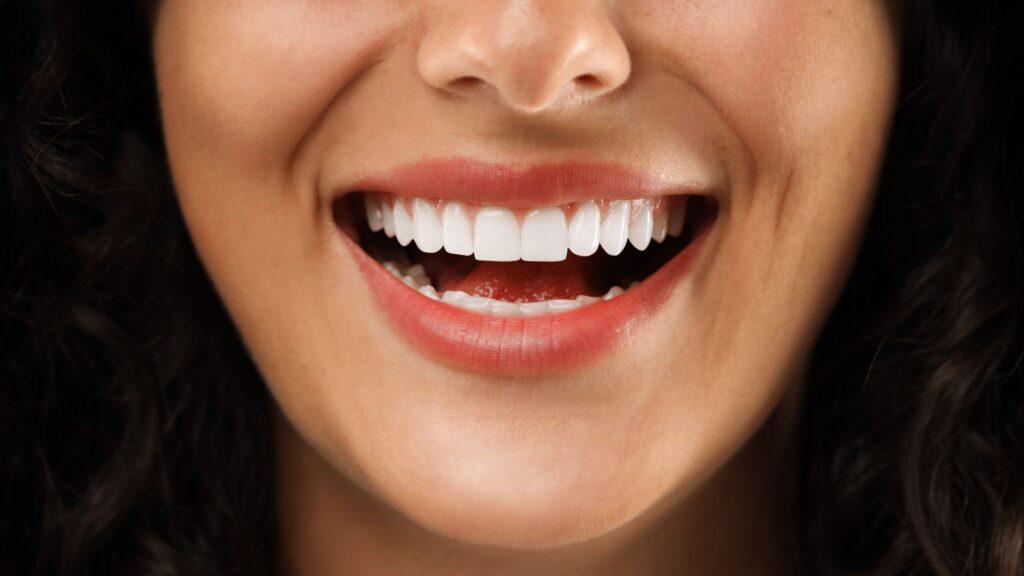The Signs and Symptoms of Gum Disease

The Signs and Symptoms of Gum Disease in Aberdeen, NJ
Gum disease, also known as periodontal disease, is one of the most common oral health issues among adults—and it’s more serious than you might think. Left untreated, gum disease can lead to tooth loss and has even been linked to systemic conditions like heart disease and diabetes. The good news is that early detection and treatment can prevent long-term damage. At Friendly Dental, your trusted provider and the best dentist in Aberdeen, NJ, we’re here to help you understand the signs and symptoms of gum disease so you can protect your oral health.
What Is Gum Disease?
Gum disease is an infection of the tissues that surround and support your teeth. It typically starts with gingivitis, a mild form of the disease, and can progress to periodontitis, which is more severe and can result in tooth loss if not treated.
Common Signs of Gum Disease
Recognizing the early signs of gum disease is essential. The sooner you identify the problem, the easier it is to treat. Here are the most common symptoms to watch for:
1. Red, Swollen, or Tender Gums
Healthy gums should be pink and firm. If your gums appear red, feel swollen, or hurt when you touch them, it could be a sign of inflammation caused by bacteria beneath the gum line.
2. Bleeding When Brushing or Flossing
Occasional bleeding might not seem like a big deal, but if your gums bleed frequently during brushing or flossing, it’s likely due to gingivitis or more advanced gum disease.
3. Persistent Bad Breath
Bad breath, also called halitosis, can stem from bacteria accumulating in the mouth. If your bad breath doesn’t go away with regular brushing, gum disease might be the cause.
4. Receding Gums
When gums pull away from the teeth, they expose more of the tooth or even the root. This not only affects your smile but also creates pockets where bacteria can thrive.
5. Loose or Shifting Teeth
As gum disease advances, the bone and tissue supporting your teeth may weaken. This can cause your teeth to feel loose or shift out of alignment.
6. Pus Between Your Teeth and Gums
Pus is a sign of infection. If you notice pus or a bad taste in your mouth, it’s crucial to seek dental care right away.
7. Changes in Bite or Dental Fit
You may notice a difference in how your teeth come together when you bite or how your dentures fit. These changes often result from the shifting of teeth caused by bone loss.
Risk Factors for Gum Disease
Several factors can increase your risk for developing gum disease:
Poor oral hygiene habits
Smoking or tobacco use
Diabetes
Hormonal changes (e.g., pregnancy or menopause)
Certain medications that affect gum health
Genetic predisposition
If you fall into one or more of these categories, regular dental checkups are especially important.
How Gum Disease Is Treated
At Friendly Dental, we take gum disease seriously. Our team, led by the best dentist in Aberdeen, NJ, offers personalized treatment plans depending on the severity of your condition. Treatment options may include:
Professional cleanings to remove plaque and tartar
Scaling and root planing (deep cleaning) to target infection below the gum line
Antibiotic treatments to reduce bacteria
Surgical procedures in advanced cases, such as flap surgery or bone grafts
We also provide thorough education and guidance on maintaining good oral hygiene at home to prevent recurrence.
Prevention Is Key
Preventing gum disease starts with good oral hygiene. Here are some easy ways to keep your gums healthy:
Brush your teeth at least twice a day
Floss daily to remove plaque between teeth
Use an antibacterial mouthwash
Avoid tobacco products
Eat a balanced, nutritious diet
Visit your dentist every six months for regular cleanings and checkups
Visit the Best Dentist in Aberdeen, NJ
At Friendly Dental, we’re committed to helping you maintain a healthy, beautiful smile. If you’re experiencing any signs of gum disease—or it’s just time for your routine cleaning—schedule an appointment with the best dentist in Aberdeen, NJ. We’ll evaluate your gum health, discuss treatment options, and put you on the path to long-term wellness.
Don’t wait for symptoms to get worse. Call Friendly Dental today and take the first step toward healthier gums and a brighter smile!


